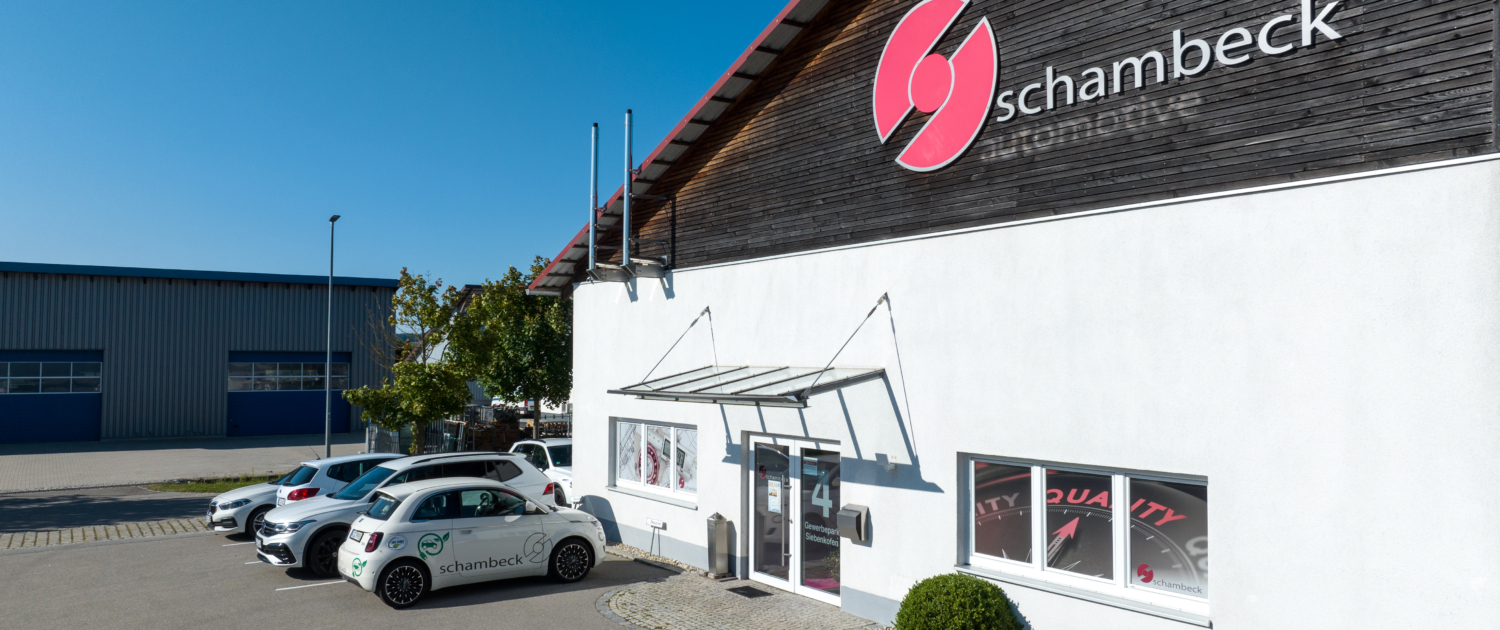The Zero Defect Principle
Relevant standards (e.g. AIAG manual, VDA Volume 16) clearly warn of the risks of error slippage, in visual inspections carried out by humans. A pure visual inspection is ineffective as a safe shutdown measure, only useful as an immediate measure. A complete exclusion of faulty parts after a visual inspection is impossible for anybody, including specialized service providers. Reasons for this are e.g. concentration fluctuations, performance pressure, fatigue, environmental influences, health impairments, etc. The literature speaks of different slip-through rates from 3000 ppm up to 30000 ppm for complex inspection tasks.
A limitation to the best possible minimum is represented by the “zero defect principle”. The consistent application of many instruments and processes connected in series is the way that the schambeck group continuously develops in order to come as close as possible to the “zero-defect principle”. Nevertheless, the service provider cannot give a guarantee of liability for the exclusion of slip-through of faulty parts during visual inspections.
Implementation of the zero defect principle at the schambeck group
Personal measures
1. attitude aptitude test (branch-related or partly customer-related)
2. training and qualification program SELMA (SchambeckELeraning&wissensMAnagement)
3. spot checks of new employees by Q-team leaders
4. MSA capability test on the “human” test system after a gauge R&R study (only for part-specific series tests). Analysis whether the employee is able to find defects within the specifications with repeatability.
5. “Gauge eye” – exercises for relaxation and recovery of the eyes, especially during tiring “visual inspections” such as detection of color deviations or rigidly focused viewing angles
6. eye tests and regular examinations according to G25 and G37
Process-related/ organizational measures
7. 20-point checklist for setting up a Q-Gate, with all the requirements that must be met to build an effective Q-Gate
8. internal audits & audit plan
9. 8D process in case of complaint to avoid repetitive errors
10. ERFA (exchange of experience in the shift book, at daily team meetings, at monthly NL meeting team-to-team and 3x per year exchange of experience in the management circle between all NL)
11. job rotation for monotonous inspection tasks
Christian Schambeck, 17 July 2019

